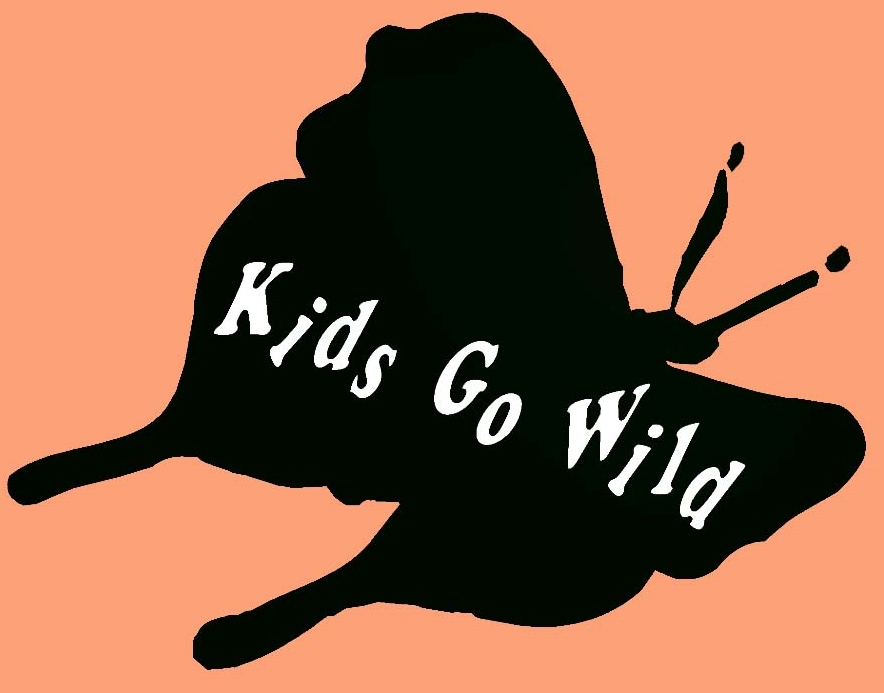FREQUENTLY ASKED QUESTIONS
Nature Camp
Q: How many campers are typically in each camp?
A: Generally we have between 18 and 20 campers.
Q: I want my child to be with his friends. Do you put the kids into groups?
A: No. We never put campers into groups. We find that kids do a great job of making new friends and including others in their activities on their own.
Q: What should my camper bring the first day of camp?
A: For the first day, please bring three separate bags with clean cloths as well as a blanket/cloth that they will use for lunch. This allows each camper a comfortable eating space and is a great way to know that they are 6 ft apart.
Q: What should I bring each day?
A: A sack lunch and a filled water bottle. We will fill bottles through out the day for campers.
Q: How is camp set up during COVID?
A: All tables are more than 6 ft apart. Each table has a washing station. Campers are required to wash hands before and after leaving the table.
Music
Q: Are you offering in-home lessons?
A; No. We are offering virtual lessons for students that are familiar with piano. They do not need to read music but they need a general understanding of the keyboard.
Q: Do you offer lessons at your studio?
A: Yes. We offer on-on-one lessons at the studio.
Q: Where is the studio located?
A: In the Buckhead area.
Q: What if I have to cancel a piano lesson at the last minute? Do I still have to pay for that missed lesson?
A: Yes. You can then schedule a make-up lesson. All make-up lessons are located at my home studio.
Q: Do you teach music theory?
A; Yes. The freedom a student achieves when they can read and understand music as a language is limitless.
-"Music theory is the study of the practices and possibilities of music." The goal of Kids Go Wild is to introduce and encourage a love for adventure in their learning as well as the possibilities that the discipline of learning brings.
Q: I took lessons as a kid but never learned to read or understand notes. Do you teach sight reading?
A: Yes. Being able to sight read music (understanding the lines and spaces as well as note value and notations) is beneficial not only for piano but for most instruments.
Storytelling Theatre
Q: My child tells stories at home constantly but when she's/he’s in front for others she/he gets very shy. How would my child benefit from storytelling theatre?
A: Storytelling Theatre is a safe and accepting environment. We all learn through imitation is some form or another. Participating verbally is not the only benefit of storytelling. Watching others performances is a powerful learning tool. Students are encouraged to express how they feel and are supported full when they share feelings.
Q: Do you do a performance where parents and grandparents can attend?
A: Yes. At the end of each session we have a performance with the school and then with the parents at a later date.
Q: I want my child to try storytelling theatre but don't want to make a commitment for a full session. Can they sign up for a month of storytelling theatre and if they do is it worth it?
A: Yes to both. We are set up as four week sessions. You are more than welcome to sign up for one session. We tell stories constantly through out our day. Students gain self-confidence at storytelling theatre in a four week session or in a full session. The only difference is students attending for a four week session might not be in the end performance.

